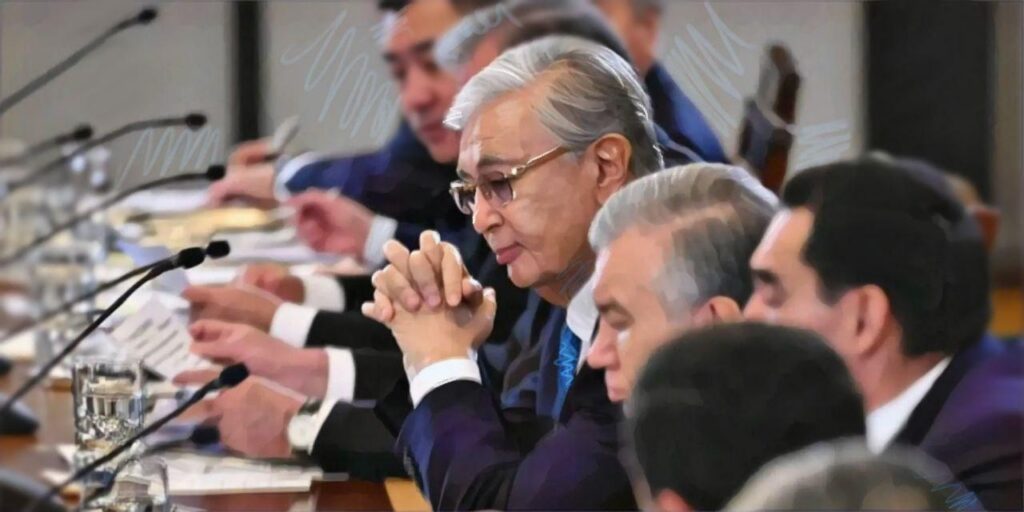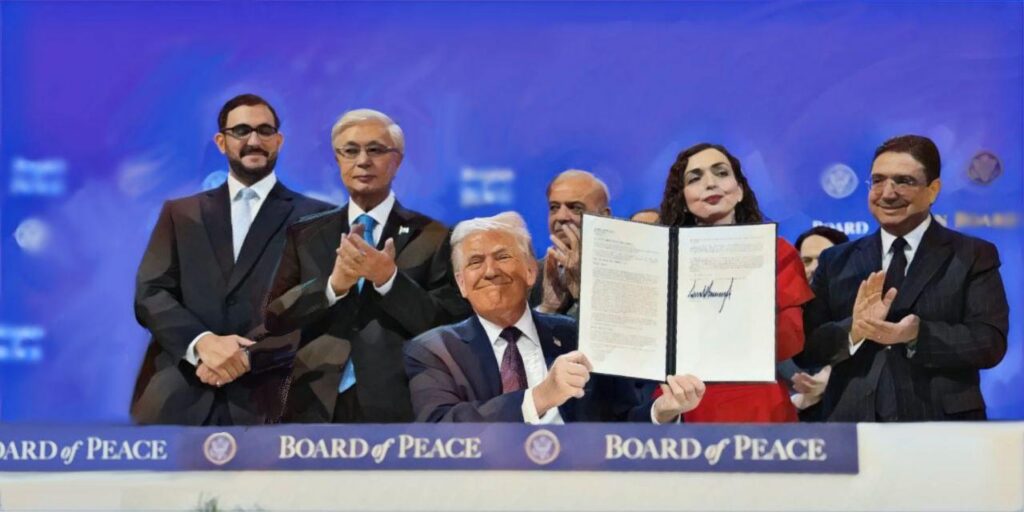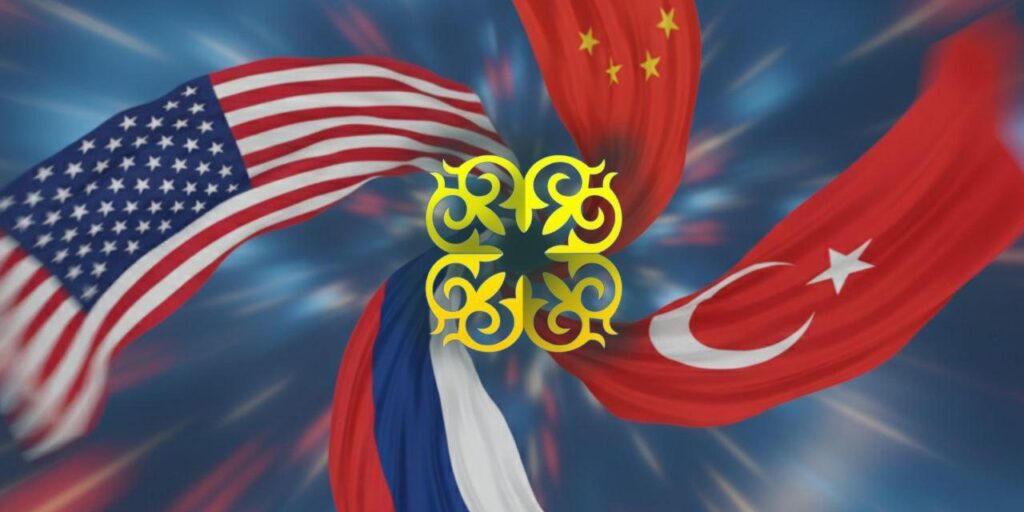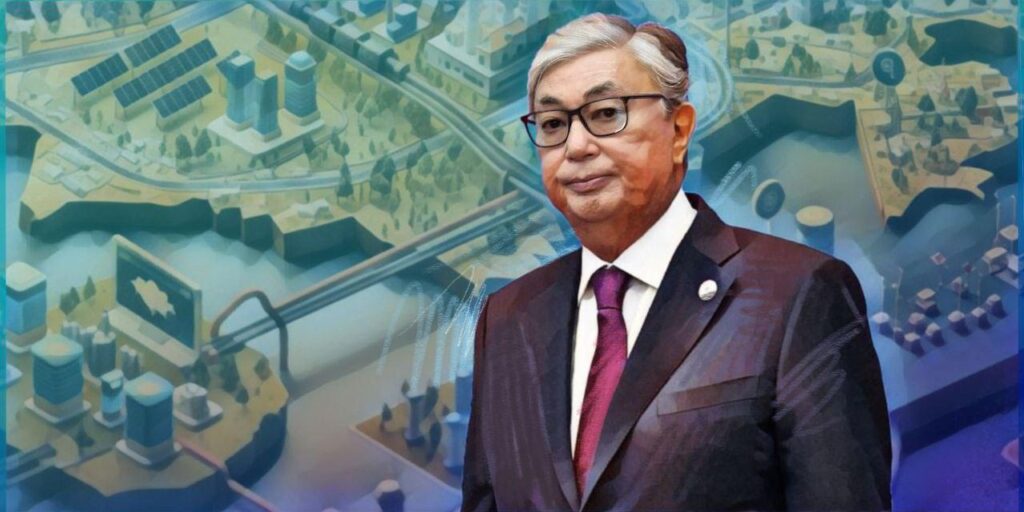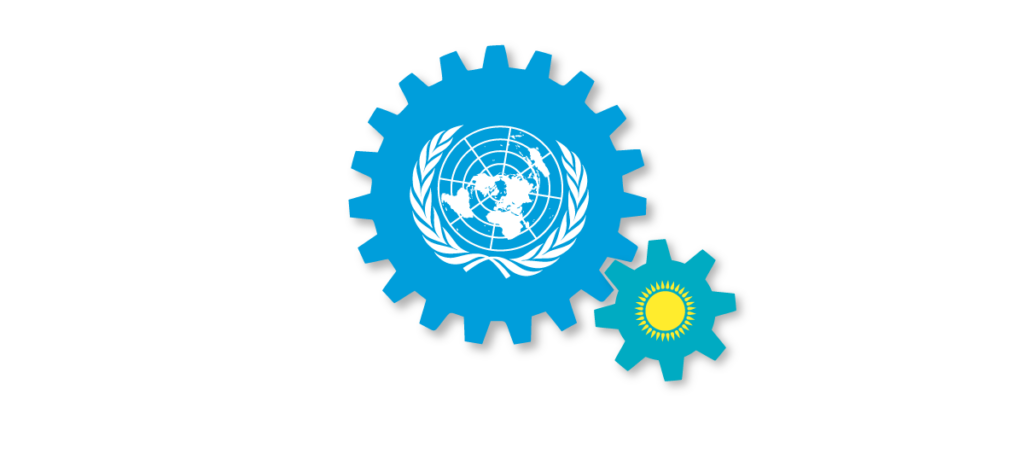Earlier this year, the Paris-based Institut Montaigne and the Berlin-based Institute of Security and International Affairs separately published studies identifying Kazakhstan as a significant “middle power”. They correctly make the case that Kazakhstan, leveraging its vast natural resources, particularly in energy, and a multi-vector foreign policy, has positioned itself as a key player in regional and global affairs.
A middle power is a state wielding significant regional influence and influencing international affairs through diplomacy, economic strength, and strategic alliances, but which is not a superpower. With relatively stable political systems, growing economies, and proactive foreign policies, these states frequently act as mediators or bridge-builders in global conflicts. At the same time, they can pursue their own interests efficiently through a combination of soft power and multi-lateralism to balance relationships amongst external powers. To be a middle power, a nation should also demonstrate resilience, adaptability, and a commitment to international norms.
Since gaining independence in 1991, Kazakhstan has attracted substantial foreign investment, leveraging its vast energy resources to build a robust economy, and using this to enhance its regional and global influence. Its geographical position makes it a key player in Central Asia. The country’s leadership pioneered the “multi-vector” foreign policy that has become a model for many nations seeking to balance relations with major powers.
Kazakhstan’s contributions to global nuclear non-proliferation have further solidified its status as a rising middle power. Its foreign-policy strategy deploys a careful balancing act between larger global powers and regional neighbors. Thus, its multi-vector approach allows it to maintain strong ties with Russia, China, and the West, while avoiding over-dependence on any single partner. The country participates in organizations like the Shanghai Cooperation Organization and the Organization of Turkic States while also pursuing relationships with the European Union and the United States.
This strategy secures Kazakhstan’s sovereignty while enhancing its role as a mediator in international conflicts. Since independence, the country has taken the lead in promoting regional integration, energy cooperation, and security, often acting as a mediator in regional disputes. Its leadership roles in regional organizations and initiatives represent a recognition of its efforts to foster stability and economic development in the region. Kazakhstan’s championing of regional cooperation and the “demonstration effect” of its model of political and economic stability have reinforced its position as a leader in Central Asia.
Kazakhstan has actively engaged in various international initiatives that bolster its reputation as a responsible and influential middle power. Notably, the country has played a pivotal role in global nuclear non-proliferation, voluntarily relinquishing its Soviet-era nuclear arsenal and advocating for disarmament through platforms like the Conference on Interaction and Confidence-Building Measures in Asia (CICA). Kazakhstan has also hosted peace talks, such as the Astana Process for Syria, and contributed to UN peacekeeping missions. These initiatives reflect Kazakhstan’s commitment to global stability, positioning it as a proactive player in international diplomacy and a respected advocate for the peaceful resolution of conflicts.
Kazakhstan’s internal reform agenda is crucial for its continued growth and its evolving role as a middle power. The government has introduced a range of political, economic, and social reforms to modernize the country and tackle issues like corruption, economic diversification, and social inequality. President Kassym-Jomart Tokayev’s various initiatives over the past several years all aim to enhance governance, the rule of law, and public administration. These reforms are intended to create a more transparent, efficient, and competitive environment, promoting stability and growth. Successfully implementing these domestic reforms is vital for Kazakhstan to maintain its regional leadership and international influence.
Kazakhstan faces several challenges in solidifying its status as a middle power. Internally, it must tackle ongoing issues like economic diversification, corruption, and social inequality to ensure long-term stability and growth. Externally, Kazakhstan needs to navigate the complex dynamics of its relationships with larger powers such as Russia and China, while maintaining its multi-vector foreign policy. Additionally, regional security concerns, including potential instability in neighboring countries, pose risks to Kazakhstan’s leadership role in Central Asia. Successfully overcoming these challenges is crucial for Kazakhstan to continue its trajectory as an influential middle power on the global stage.
Kazakhstan’s growth into a significant middle power underscores its remarkable ability to leverage both its advantageous geographic position and its abundant natural resource wealth, under perspicacious political leadership, to influence regional and global dynamics. The country’s carefully crafted multi-vector foreign policy, strong regional leadership, commitment to a range of international initiatives, and proactive participation in international organizations further emphasize its prominent role in global affairs and its impact on the international stage.

